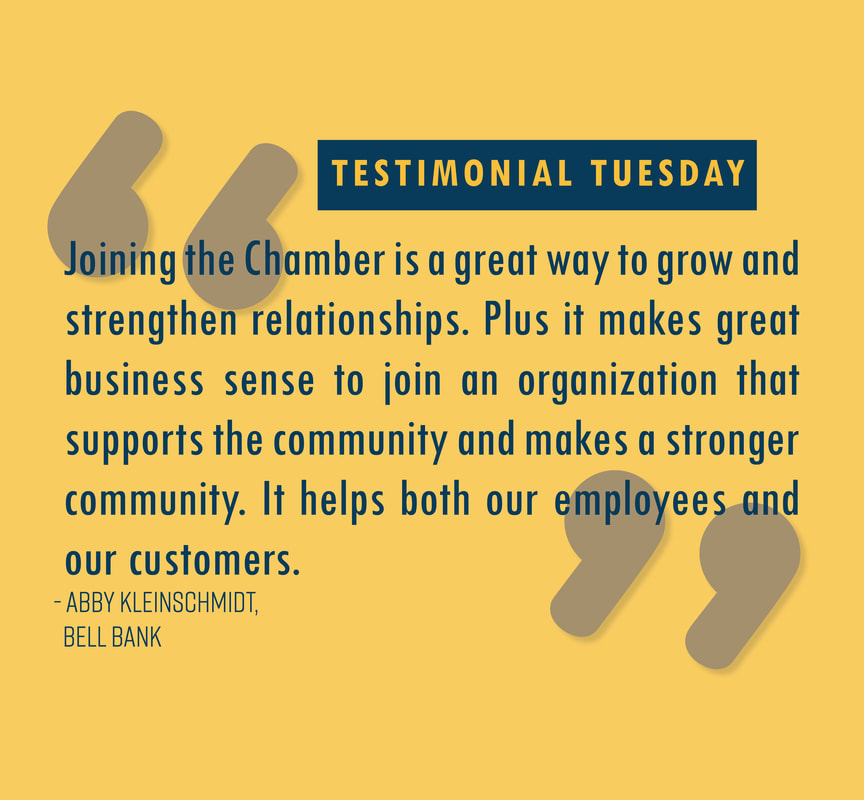|
This proposal currently in front of the Legislature would create a new, mandatory 24 week paid leave program for all MN employers and employees. The program would begin taking effect in 2025, with implementation starting in 2023.
CONTACT YOUR LEGISLATORS TO VOICE YOUR CONCERNS:
Senator Jordan Rasmusson (R) District 9 (218) 205-5062 | [email protected] Senator Torrey Westrom (R) District 12 (651) 296-3826 | [email protected] Representative Mary Franson (R) District 12B (651) 296-3201 | [email protected] Representative Tom Murphy (R) District 9B (218) 640-1707 | [email protected] Mark Thompson is the Business Manager for Blizzard Hockey out of Alexandria, MN. Alexandria Blizzard Hockey is a junior hockey league for ages 16-20 who are trying to further their career in hockey. The players come from all over the country and around the globe to live here 7 months out of the year and stay will families called Billet Families. Alexandria Blizzard Hockey plays out of the Runestone Community Center for home games.
Doug Loon, President, Minnesota Chamber of Commerce This year’s Business Benchmarks (which can be accessed online at mnchamber.com/2023-business-benchmarks-report) goes beyond the analysis of where Minnesota stands in economic categories. This year, we compare Minnesota to other states that are outpacing us in these categories. What are the trends that sets them apart? What intentional steps are they taking to help their economies grow?
Colorado, Indiana, North Carolina, Tennessee and Utah have all seen economic improvements in several categories. They have similarities to Minnesota in the size of their economy, industry strengths, populations, and natural and cultural amenities. Each of them has a story to tell, in making their state more affordable, improving their workforce, and becoming more competitive overall. We also examined neighboring states Wisconsin, Iowa and South Dakota (North Dakota’s recent history with the oil industry offers a less comparable analysis). Minnesota employers compete with the economic advantages enjoyed in these states every day. When considerations about growth or expansion are in play, businesses recognize Minnesota’s quality workforce, but may choose a neighboring state because they offer a quality workforce and are more affordable. There is no silver bullet for economic development. The growth of any state’s economy depends on a complicated and diverse set of conditions, and it’s the cumulative impact that decides whether an economy succeeds or lags behind its competition. But singular decisions from business leaders and policymakers can make a huge impact on whether Minnesota is an attractive and affordable place to live, work and grow a business. We are providing this deeper comparative analysis to help understand the formula that goes into it. Make no mistake - Minnesota is an exceptional place to live and raise a family, and start and grow a business. But the data tell us that the state is not living up to its economic potential. Understanding our competitive strengths and weaknesses can determine what is needed to regain our competitive edge. We urge business and policy leaders alike to read this report and support policies and private sector-led efforts to get Minnesota growing again. |
Archives
June 2024
Categories
|



 RSS Feed
RSS Feed




